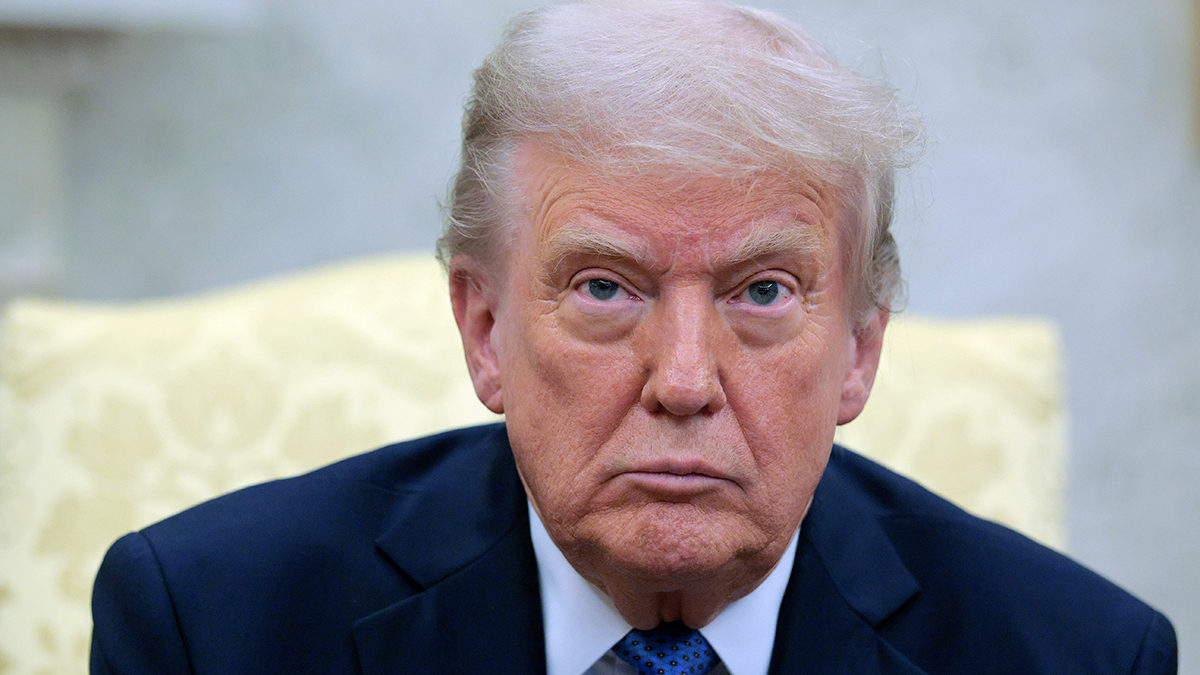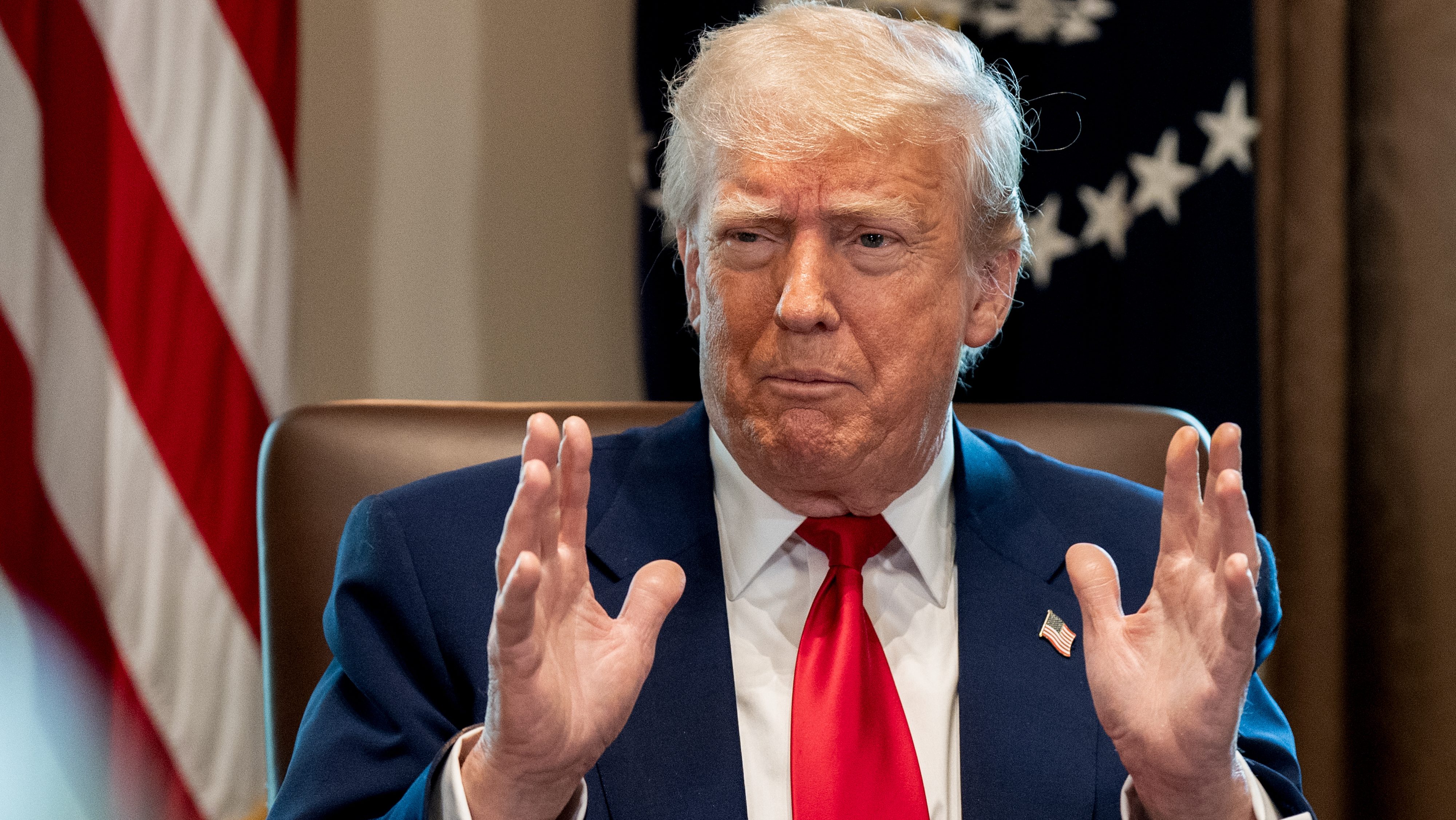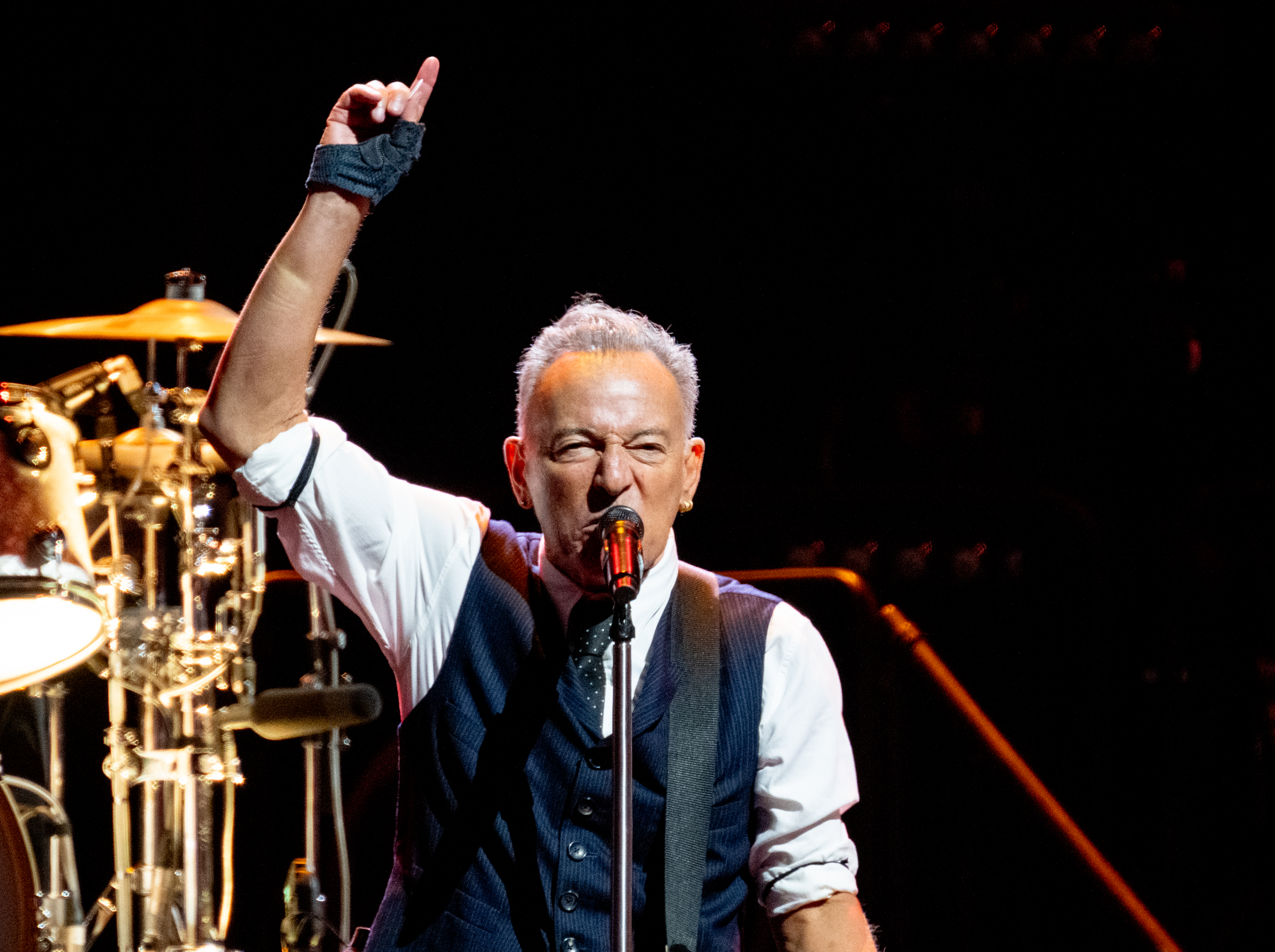Columbus Day Controversy: Trump's Bold Stance Revealed
Columbus Day Under Fire: Trump Restores Tradition
Introduction: A Clash of Ideologies on Columbus Day
Columbus Day, a day traditionally celebrated on the second Monday of October, has become a battleground in the ongoing culture wars. President Donald Trump has made it clear that his administration will uphold Columbus Day as the primary focus, directly contrasting the approach of his predecessor, Joe Biden. But what does this mean, and why is this seemingly simple holiday causing so much controversy?
The History of Columbus Day: A Celebration of Exploration?
The Traditional Narrative
For many years, Columbus Day was celebrated as a day to commemorate Christopher Columbus's arrival in the Americas in 1492. He was hailed as a brave explorer who opened up new worlds. Schools taught children about his voyages, and parades filled city streets. Think of it as a historical adventure story, right?
The Shifting Perspective
However, in recent decades, the narrative surrounding Columbus has changed drastically. Historians and activists have highlighted the negative consequences of his arrival, including the exploitation, enslavement, and decimation of Indigenous populations. This shift in perspective has led many to question whether Columbus should be celebrated at all. It's like realizing your childhood hero wasn't so heroic after all.
Biden's Indigenous Peoples Day Proclamation: Acknowledging the Past
Joe Biden was the first president to officially recognize Indigenous Peoples Day alongside Columbus Day. His proclamation in 2021 celebrated "the invaluable contributions and resilience of Indigenous peoples" and recognized their "inherent sovereignty." The proclamation acknowledged that the promise of equality and opportunity in America had not been fully realized, especially for Indigenous communities. It was a step towards acknowledging the full, complex history of the Americas.
Trump's Counter-Movement: "Bringing Columbus Day Back"
Trump's stance is a direct response to this shift. He sees the emphasis on Indigenous Peoples Day as a denigration of traditional American values and a revisionist attempt to rewrite history. He declared on social media that he was "bringing Columbus Day back." This move signals a desire to return to a more traditional, less critical view of American history. Is this a necessary restoration or a willful ignorance of the past?
The Political Divide: A Holiday Becomes a Symbol
Democrats and Indigenous Rights
For many Democrats, recognizing Indigenous Peoples Day is a matter of social justice and acknowledging the historical injustices faced by Native Americans. They see it as an opportunity to educate the public about the contributions and resilience of Indigenous communities. It's about inclusivity and acknowledging a more complete historical narrative.
Republicans and Traditional Values
Many Republicans, on the other hand, view Columbus Day as a celebration of American heritage and a recognition of the European influence on the country. They argue that criticizing Columbus is an attack on traditional American values. They see it as a celebration of exploration and the founding of the nation. Is preserving tradition worth ignoring a painful past?
The Impact on Indigenous Communities: A Continued Struggle
Historical Trauma and Ongoing Issues
For Indigenous communities, the debate over Columbus Day is deeply personal. It's a reminder of the historical trauma and ongoing struggles they face. Issues like land rights, poverty, and access to healthcare continue to disproportionately affect Native Americans. The holiday serves as a stark reminder of the injustices that have shaped their history.
Advocacy and Education
Despite these challenges, Indigenous communities are actively advocating for their rights and educating the public about their history and culture. They are working to reclaim their narratives and ensure that their voices are heard. They are pushing for a more accurate and inclusive understanding of American history. It’s a fight for recognition and respect.
The Future of Columbus Day: A Holiday in Transition?
A Continued Debate
The debate over Columbus Day is likely to continue for the foreseeable future. As society becomes more aware of the complexities of history, the pressure to acknowledge Indigenous perspectives will only increase. It's a question of how we choose to remember and celebrate our past. Will we continue to celebrate a flawed hero, or will we embrace a more nuanced understanding of history?
Possible Compromises
Perhaps a compromise can be reached that allows for the celebration of both Columbus Day and Indigenous Peoples Day. This could involve focusing on the positive aspects of exploration while also acknowledging the negative consequences for Indigenous communities. Finding common ground might be the best way to move forward. It requires empathy and a willingness to learn.
The Role of Education: Teaching a More Complete History
Challenging the Traditional Narrative
One of the most important steps in addressing the controversy surrounding Columbus Day is to educate the public about the full history of the Americas. This means challenging the traditional narrative and acknowledging the perspectives of Indigenous communities. Schools should teach a more complete and accurate account of the past.
Promoting Cultural Understanding
Education can also promote cultural understanding and empathy. By learning about the history, culture, and struggles of Indigenous communities, people can develop a greater appreciation for their contributions to society. This can help to bridge the gap between different perspectives and foster a more inclusive society.
The Economic Impact: Businesses and Holiday Sales
Columbus Day also has an economic impact. It's a federal holiday, which means that many businesses and government offices are closed. This can lead to increased sales for retailers and travel companies as people take advantage of the long weekend. The holiday contributes to the economy, even as it faces controversy.
The Symbolism of a Holiday: What Are We Really Celebrating?
Beyond the Historical Figure
Holidays are more than just days off work; they are powerful symbols of our values and beliefs. What we choose to celebrate reflects what we hold dear as a society. By examining the symbolism of Columbus Day, we can gain a deeper understanding of our national identity.
A Reflection of American Values
The debate over Columbus Day is ultimately a reflection of the ongoing struggle to define American values. Are we a nation that celebrates exploration and progress above all else, or are we a nation that values justice, equality, and historical accuracy? The answer to this question will shape the future of Columbus Day and the way we remember our past.
Moving Forward: Towards a More Inclusive Commemoration
Listening to Indigenous Voices
The key to moving forward is to listen to the voices of Indigenous communities. They have a unique perspective on the history of the Americas, and their experiences should be central to any discussion about Columbus Day. Their stories deserve to be heard and respected.
Creating a Dialogue
By creating a dialogue between different perspectives, we can work towards a more inclusive and accurate commemoration of the past. This requires a willingness to listen, learn, and challenge our own assumptions. It's a process of growth and understanding.
Conclusion: A Holiday at a Crossroads
The future of Columbus Day is uncertain. While President Trump aims to restore the holiday's traditional focus, the growing awareness of the negative impacts of colonialism and the rising recognition of Indigenous Peoples Day present a significant challenge. The ongoing debate highlights the complexities of American history and the need for a more inclusive and accurate understanding of the past. Ultimately, the way we choose to celebrate Columbus Day will reflect our values as a society. The key takeaway is that history is complex, and our understanding of it should evolve.
Frequently Asked Questions About Columbus Day
- 1. Why is Columbus Day controversial?
- Columbus Day is controversial because Christopher Columbus's arrival in the Americas led to the exploitation, enslavement, and decimation of Indigenous populations. Many argue that celebrating him ignores the suffering he caused.
- 2. What is Indigenous Peoples Day?
- Indigenous Peoples Day is a holiday celebrated in place of or alongside Columbus Day. It honors the history, culture, and contributions of Native American peoples.
- 3. What is Trump's stance on Columbus Day?
- President Trump has stated that he will uphold Columbus Day as the primary focus of the holiday, contrasting with the approach of his predecessor, who recognized Indigenous Peoples Day alongside it.
- 4. How do Indigenous communities feel about Columbus Day?
- Many Indigenous communities view Columbus Day as a painful reminder of the historical injustices they have faced. They advocate for increased recognition of Indigenous Peoples Day.
- 5. What can be done to address the controversy surrounding Columbus Day?
- Education, open dialogue, and listening to the voices of Indigenous communities are crucial steps. Promoting a more inclusive and accurate understanding of history is essential.




